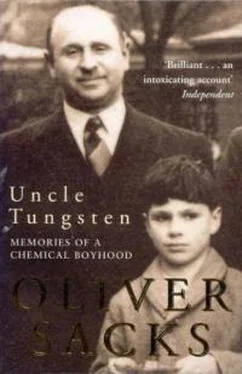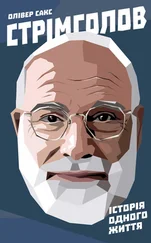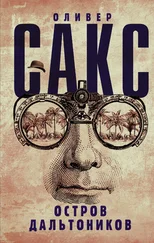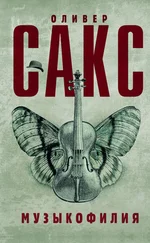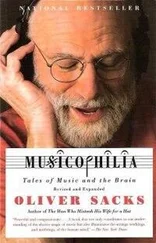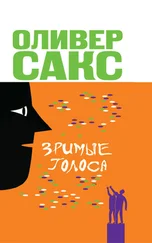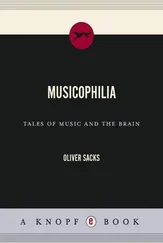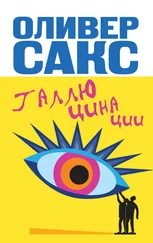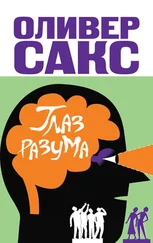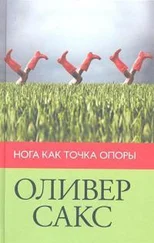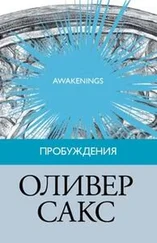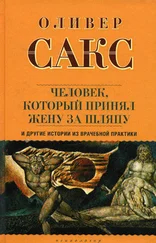I have only fragmentary, brief memories of my youngest years, the years before the war, but I remember being frightened, as a child, by observing that many of my aunts and uncles had coal black tongues – would my own, I wondered, turn black when I grew up? I was greatly relieved when Auntie Len, divining my fears, told me that her tongue was not really black, that its blackness came from chewing charcoal biscuits, and that they all ate these because they had gas.
Of my Auntie Dora (who died when I was very young), I remember nothing except for the color orange – whether this was the color of her complexion or hair, or of her clothes, or whether it was the reflected color of the firelight, I have no idea. All that remains is a warm, nostalgic feeling and a peculiar fondness for orange.
* * *
My bedroom, since I was the youngest, was a tiny room connected with my parents’ bedroom, and I remember that its ceiling was festooned with strange, calcareous concretions. Michael had had this room before I was born, and had been fond of flicking gelatinous spoonsful of sago – the sliminess of which he disliked – onto the ceiling, where it would adhere with a wet smack. As the sago dried, nothing but a chalky mound would remain.
There were several rooms which belonged to nobody and had no clear function; these were used to house extras of all kinds – books, games, toys, magazines, waterproofs, sports equipment. In one small room there was nothing but a Singer sewing machine with a treadle (which my mother had bought on her marriage, in 1922) and a knitting machine of an intricate (and, to my mind, beautiful) design. My mother used it to make our socks, and I loved to watch her turning the handle, to watch the glittering steel knitting needles clacking in unison and the cylinder of wool, weighted with a lead bob, descending steadily. On one occasion I distracted her as she was making a sock, and the cylinder of wool got longer and longer, until finally it hit the floor. Not knowing what to do with this yard-long cylinder of wool, she gave it to me to keep as a muff.
These extra rooms enabled my parents to accommodate relatives like Auntie Birdie and others, sometimes for long periods. The largest of them was reserved for the formidable Auntie Annie, on her rare visits from Jerusalem (thirty years after her death, this was still referred to as ‘Annie’s room’). When Auntie Len came to visit from Delamere, she, too, had her own room, and here she would establish herself, with her books and her tea things – there was a gas ring in the room, and she would make her own tea – and when she invited me in, I felt I was entering a different world, a world of other interests and tastes, of civility, of unconditional love.
When my uncle Joe, who had been a doctor in Malaya, became a Japanese prisoner of war, his older son and daughter stayed with us. And my parents would sometimes take in refugees from Europe during the war years. So the house, though large, was never empty; it seemed, on the contrary, to house dozens of separate lives, not just the immediate family – my parents and my three brothers and myself – but itinerant uncles and aunts, the resident staff – our nanny and nurse, the cook – and the patients themselves, who would come and go.
In early September 1939, war broke out. It was expected that London would be heavily bombed, and parents were put under great pressure by the government to evacuate their children to safety in the countryside. Michael, five years older than I, had been going to a day school near our house, and when it was closed at the outbreak of the war one of the assistant masters there decided to reconstitute the school in the little village of Braefield. My parents (I was to realize many years later) were greatly worried about the consequences of separating a little boy – I was just six – from his family and sending him to a makeshift boarding school in the Midlands, but they felt they had no choice, and took some comfort that at least Michael and I would be together.
This, perhaps, might have worked out well – evacuation did work out reasonably well for thousands of others. But the school, as reconstituted, was a travesty of the original. Food was rationed and scarce, and our food parcels from home were looted by the matron. Our basic diet was swedes and mangel-wurzels – giant turnips and huge, coarse beetroots grown for cattle. There was a steam pudding whose revolting, suffocating smell comes back to me (as I write almost sixty years later) and sets me retching and gagging once again. The horribleness of the school was made worse for most of us by the sense that we had been abandoned by our families, left to rot in this awful place as an inexplicable punishment for something we had done.
The headmaster seemed to have become unhinged by his own power. He had been decent enough, even well liked, as a teacher in London, Michael said, but at Braefield, where he took over, he had quickly become a monster. He was vicious and sadistic, and beat many of us, with relish, almost daily. ‘Wilfulness’ was severely punished. I sometimes wondered if I was his ‘darling’, the one selected for a maximum of punishment, but in fact many of us were so beaten we could hardly sit down for days on end. Once, when he had broken a cane on my eight-year-old bottom, he roared, ‘Damn you, Sacks! Look what you have made me do!’ and added the cost of the cane to my bill. Bullying and cruelty, meanwhile, were rife among the boys, and great ingenuity was exercised in finding out the weak points of the smaller children and tormenting them beyond bearable limits.
But along with the horror there were sudden delights, made sharper by their rarity and contrast with the rest of life. My first winter there – the winter of 1939-40 – was an exceptionally cold one, with drifting snow, higher than my head, and long glittering icicles hanging from the eaves of the church. These snowy scenes, and sometimes fantastic snow and ice forms, conveyed me in imagination to Lapland or Fairyland. To get out of the school to the surrounding fields was always a pleasure, and the freshness and whiteness and cleanness of the snow allowed a wonderful, though brief, release from the shut-in-ness, the misery, the smell of the school. Once I somehow contrived to separate myself from the other boys and our teacher and got briefly, ecstatically, ‘lost’ among the snowdrifts – a feeling that soon turned to terror when it became clear that I really was lost, and no longer just playing. I was very happy to be found, finally, and hugged and given a mug of hot chocolate when I got back to school.
It was during the same winter that I remember finding the windowpanes of the rectory doors covered with hoarfrost, and being fascinated by the needles and crystalline forms in this, and how I could melt some of the frost with my breath and make a little peephole. One of my teachers – her name was Barbara Lines – saw my absorption and showed me the snow crystals under a pocket lens. No two were ever quite the same, she told me, and the sense of how much variation was possible within a basic hexagonal format was a revelation to me.
There was a particular tree in a field that I loved; its silhouette against the sky affected me in a strange way. I still see it, and the winding path through the fields that led to it, when my mind drifts back. The sense that nature, at least, existed outside the dominion of school was deeply reassuring.
And the vicarage, with its spacious garden, where the school was housed, the old church next door to it, and the village itself were charming, even idyllic. The villagers were kind to these obviously uprooted and unhappy young boys from London. It was here in the village that I learned to ride horses, with a strapping young woman; she sometimes hugged me when I looked miserable. (Michael had read me parts of Gulliver’s Travels and I sometimes thought of her as Glumdalclitch, Gulliver’s giant nurse.) There was an old lady to whom I went for piano lessons, and she would make tea for me. And there was the village shop, where I would go to buy a gob-stopper and occasionally a slice of corned beef. There were even times in school which I enjoyed: making model planes of balsa wood, and a tree house with a friend, a little red-haired boy of my own age. But, overwhelmingly, I felt trapped at Braefield, without hope, without recourse, forever – and many of us, I suspect, were severely disturbed by being there.
Читать дальше
